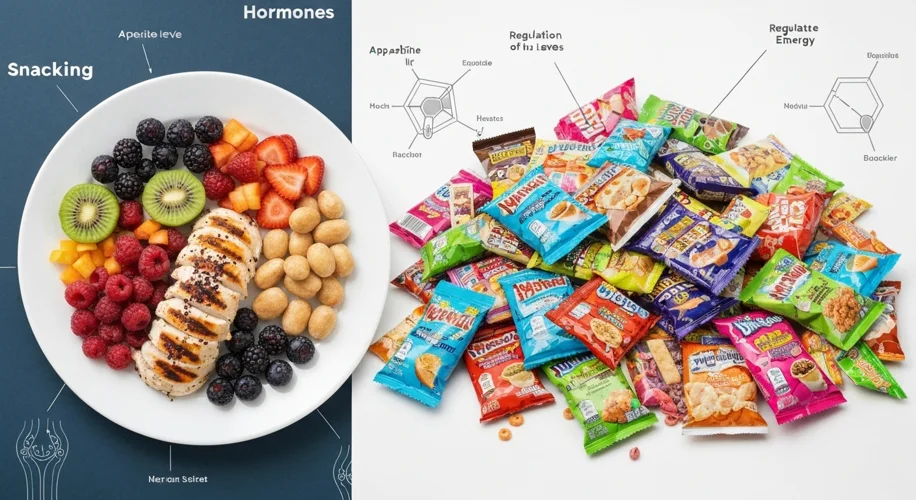Our plates today often look very different from those of our grandparents. Convenience has led to a rise in foods that are easy to grab and eat, but what are we losing in that convenience?
New research is shining a light on how ultra-processed foods (UPFs) – think sugary cereals, packaged snacks, and ready-made meals – might be impacting our bodies in ways we’re just beginning to understand. One particularly interesting area of study is their potential effect on hormones, including crucial ones like sex hormones.
What Exactly Are Ultra-Processed Foods?
It’s helpful to know what we’re talking about. UPFs are typically made from ingredients that aren’t commonly used in home cooking. They often contain additives, preservatives, artificial flavors, and colors. These aren’t just simple ingredients mixed together; they’re products of industrial food manufacturing. Think of them as food that has been altered significantly from its original state.
The Hormone Connection
Recent studies, including some that have looked at large groups of people, suggest a link between diets high in UPFs and lower levels of certain hormones. For men, this has specifically included a decrease in testosterone. While more research is always needed to confirm these findings and understand the exact mechanisms, the patterns are becoming clearer.
How could this happen? Several factors are at play:
- Inflammation: UPFs can promote inflammation in the body, which can disrupt hormonal balance.
- Nutrient Density: They are often low in essential nutrients and fiber, which are important for overall hormonal health.
- Gut Health: The additives and lack of fiber in UPFs can negatively affect our gut microbiome, which plays a role in hormone regulation.
- Endocrine Disruptors: Some ingredients or packaging materials used in UPFs might contain substances that interfere with the endocrine system, the body’s network of glands that produce hormones.
Beyond Hormones: A Broader Health Picture
The impact isn’t limited to hormones. Diets heavy in UPFs have also been associated with a higher risk of weight gain, type 2 diabetes, cardiovascular diseases, and even certain types of cancer.
What Can We Do?
This isn’t about completely eliminating convenience from our lives, but about making more informed choices. Here are a few ideas:
- Read Labels: Get familiar with ingredient lists. If you see a long list of unpronounceable ingredients, it’s likely ultra-processed.
- Focus on Whole Foods: Prioritize fruits, vegetables, lean proteins, and whole grains. These are the building blocks for good health.
- Cook More at Home: Even simple meals made from scratch can significantly reduce your UPF intake.
- Mindful Snacking: Opt for nuts, seeds, yogurt, or fruits instead of packaged snacks.
Understanding how our food affects our bodies is a powerful step toward better health. By paying attention to the foods we consume, we can start to make shifts that support our well-being from the inside out.

